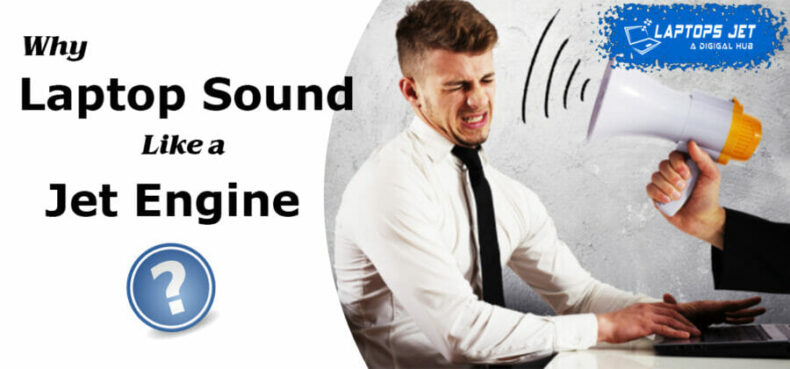Why Does My Laptop Sound Like A Jet Engine? This article discusses the technical aspects of this common problem. When your laptop sounds like a jet engine, there’s no way you can concentrate on work.
There are two kinds of people: those who know how to fix things and those who don’t. You’re a bit of both. At least that’s the conclusion of the owner of a brand-new Macbook Pro. He posted an image of his computer on Reddit last week, explaining how his high-end Apple laptop was making weird noises.
Why does my laptop sound like a jet engine? The owner claimed that the only solution was a replacement part, and he spent hours online searching for one. The good news was that he found exactly what he needed to fix the problem.
The bad news was that the part he ordered arrived just three days later. If you’re ever in need of expert help fixing your computer or smartphone, there are certain things you can do to make sure you get the most out of the experience.
Why does my laptop sound like a jet engine and How do I fix it?
“My laptop sounds like a jet engine when it boots up. It’s also incredibly loud. When I plug it in, I get that whirring sound. I’ve tried switching the fan settings, but it doesn’t seem to be helping. Can anyone offer some advice?”
The Problem: While your laptop is booting up and while it’s running, it can produce a lot of heat. This heat can cause a few things to happen, and it may be one of the reasons why you’re hearing loud noises.
As your computer runs, it produces a lot of heat, and as this heat increases, it can cause things to happen, like melting parts of your laptop or causing the entire thing to shut down.
1. Fix the Noise and Power Issues
It may seem obvious, but there are lots of ways to make your laptop quieter. First, make sure you’re using the best laptop power supply available for your computer.
A simple rule of thumb is to use a power supply equal to or greater than the rated power of the device being powered. Second, if your laptop has a fan, you may consider replacing the fan with a blower-style design instead.

Third, you can switch to a quieter fan if your laptop has a built-in fan. And finally, you can take advantage of the cooling properties of the hard drive (if one is available) to further lower noise levels.
Also Read. How to Make a Stolen Laptop Untraceable | 8 Best Ways
2. Clean the Computer’s Air Intake
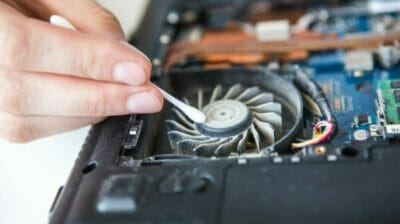
The second psychological principle to know is known as cleanliness. Studies have shown that people will spend more money if their computers are clean and free of dust and dirt.
Cleaning the computer’s air intake is one way to achieve this effect. This is especially true in business settings where clients will be spending lots of money if their computers are clean.
Most people know that a clean intake makes for a cleaner engine, but did you know that a dirty air filter can be just as bad for your engine as having a clogged one?
3. Connect the AC Adapter to the Power Port

After you connect the AC adapter to the power port, you should be able to see the battery icon in the top right corner of your screen. The icon will begin to change color. The color will indicate that the battery is charging.
Make sure that you use the correct power plug for the kind of battery you purchased. The power port is always located in the top left of the device, and there are usually two of them.
There should also be a green light, which indicates that the device is charging. When charging is complete, the device lights up again.
4. Replace the AC adapter (Why Does my Laptop Sound like a Jet Engine)
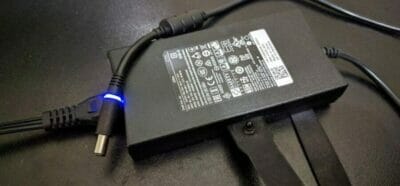
The next step is to choose something to replace the existing AC adapter. Some laptops come with a built-in adapter and charger that works fine for most people. If yours doesn’t, the AC adapter replacement part is usually located on the back of your laptop case.
Also Read. How to check a Laptop battery with a Multimeter |5 Ways|
5. Disconnect the AC Adaptor from the Power Port
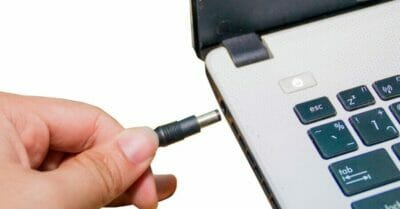
The next step is to disconnect the power adapter from the power outlet. We don’t need power, but we also don’t want a device that’s plugged into the wall to run down the battery while we’re sitting idle on the couch.
The charger itself doesn’t draw any power so it’s safe to remove it from the outlet. Next, plug the power adapter into a USB port on the side of the laptop, and then plug the AC adapter into a computer power supply.
6. Clean the Power Port
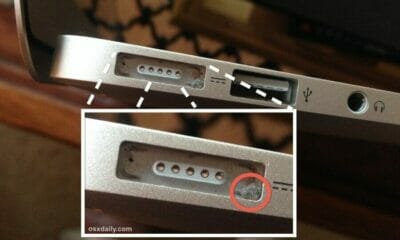
Why does my laptop sound like a jet engine? One of the first things you want to do when opening up a new power port is to clean the port with some alcohol swabs. This will prevent dust, dirt, and debris from getting inside the port and causing electrical problems.
You can clean the port yourself, but if you’re not very handy, you can always hire someone to come do it for you. It’s a simple task, but one that can save you time, money, and headaches.
7. Make Sure Your AC/USB Power Supply is Fully Charged
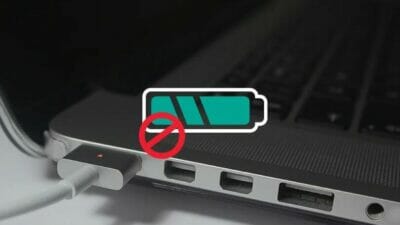
Your AC/USB power supply is one of those little details that you just can’t overlook. A power supply is what’s required to run your devices and connect your peripherals, so if you’re not charging all your gear, you’re missing out on a lot.
Plus, a dead power supply will make it hard to charge a mobile device. When you’re done charging your gadgets, make sure they are completely charged. Don’t leave them plugged in while you go do something else.
Also Read. How do I find information about my laptop? | Buyer Guide |
8. Update Your BIOS
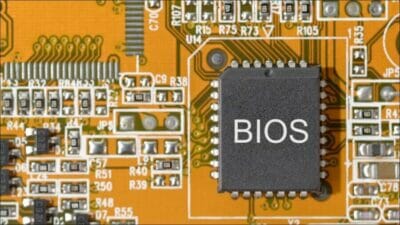
Why does my laptop sound like a jet engine? When it comes to personal computer systems, it’s always a good idea to keep up to date with the latest updates to the BIOS.
Every computer system will have a BIOS, which is a collection of code that controls the hardware in the computer. Some systems may be updated automatically while others must be updated manually.
Make sure your computer’s firmware (BIOS) is up to date. This includes the operating system and all of the software, including any device drivers, applications, and utilities.
If your device doesn’t boot, or if there are problems with any of the programs, you may have a problem with your hardware and need to call the manufacturer.
